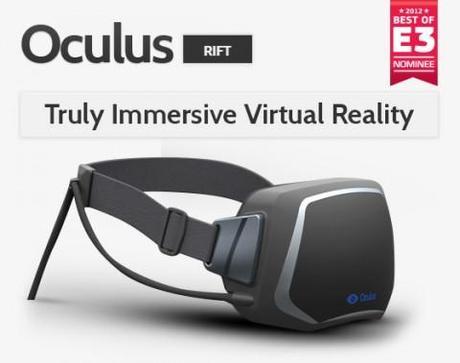
Facebook made headlines on Tuesday when it announced it would acquire Oculus Rift, a maker of virtual reality headsets, for $2 billion. Such acquisitions are not unusual in Silicon Valley — just last month, Facebook bought chat service WhatsApp for $19 billion. What’s unique about Oculus Rift is that it started as a project on the crowdfunding site Kickstarter.
Under the Kickstarter model, backers contribute to projects because they want to see them made. The most they can expect to receive is a copy of the finished product and a token of appreciation. The more than 2,000 backers who gave less than $275 to the Oculus project received only items like T-shirts and posters, along with the hope of one day being able to buy the VR headset in stores.
Some backers were outraged at the sale. If those who received a headset had instead received a share of the company, a $300 investment would result in a $20,000 payout (after accounting for subsequent venture capital funding.)
But nothing in the Kickstarter model forbids those who receive funds from later selling their product commercially. Many video games originally funded by Kickstarter are available for sale on online platforms like Steam, and the crowdfunded movie Veronica Mars made $2 million in its opening weekend, after raising $5.7 million in donations from fans. While the nature of the sale has frustrated many backers for both financial and non-financial reasons, it also illustrates the potential of a crowdfunding model where backers receive a stake in the project they are funding.
This model — called “equity crowdfunding” — is still in its infancy. Here in the United States, a law that would allow equity crowdfunding was passed in 2012, though regulatory agencies are still in the process of drafting rules about how it will work. But the U.S. already has well-developed capital markets, including networks of venture capitalists and angel investors (who also put money into Oculus Rift after its successful Kickstarter).
For developing countries with thin capital markets, where small entrepreneurs usually rely on friends and family to raise funds, the viral possibilities of equity crowdfunding could be a great boon to smaller enterprises, first-time entrepreneurs, and innovative projects that struggle to find traditional financing. Sherwood Neiss, a leading proponent of equity crodwfunding, wrote more about that possibility here.
There are always risks to investing, and some worry that opening up private equity to non-accredited investors would lead to swindles and ponzi schemes. But Kickstarter — which offers no guarantee that successful projects will deliver on their promises — has already proved that those who believe in an idea will risk real money to help make it a reality. Oculus Rift shows that sometimes, they could make a profit too.
Jon Custer is Social Media / Communications Coordinator at CIPE.

